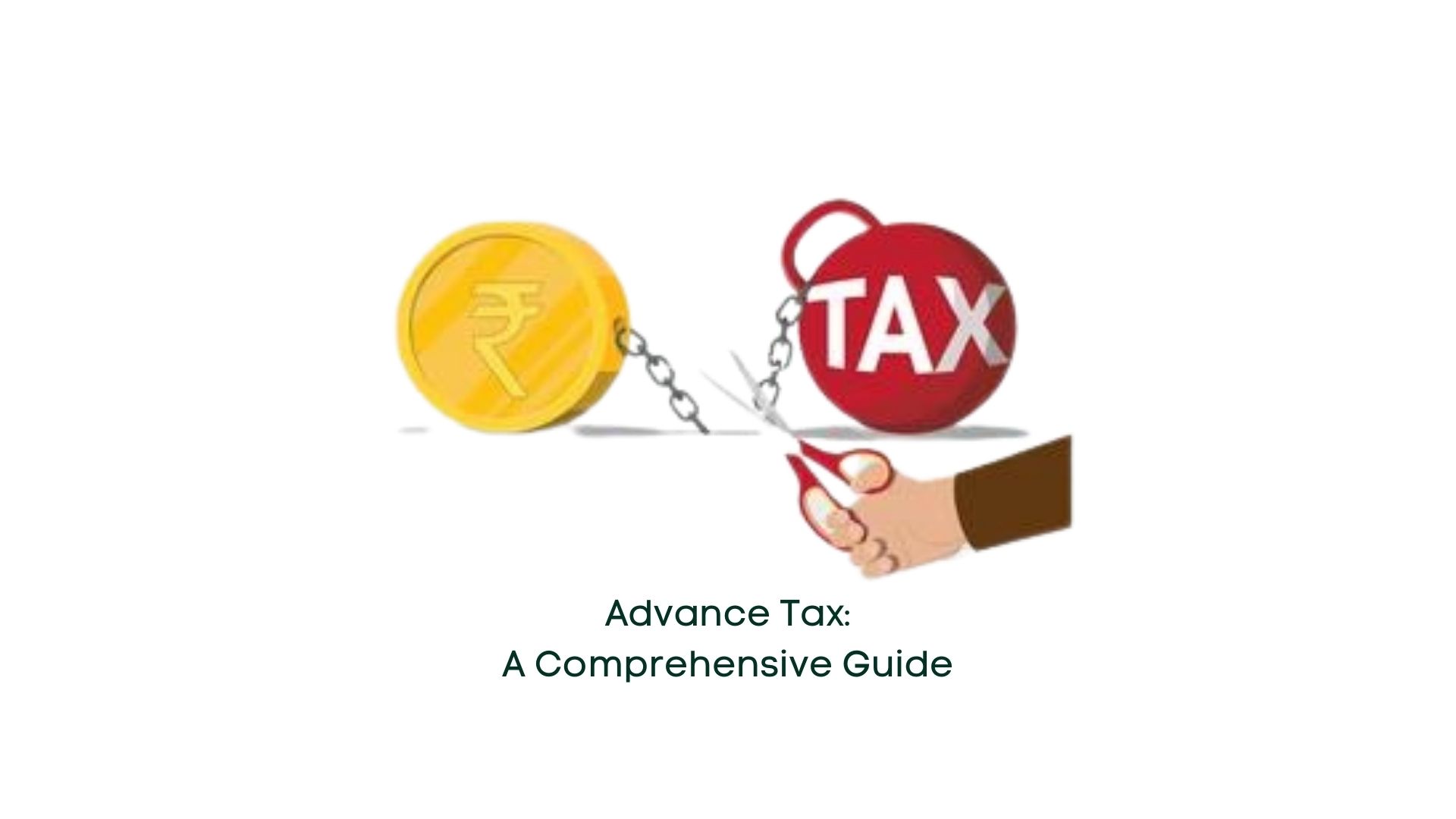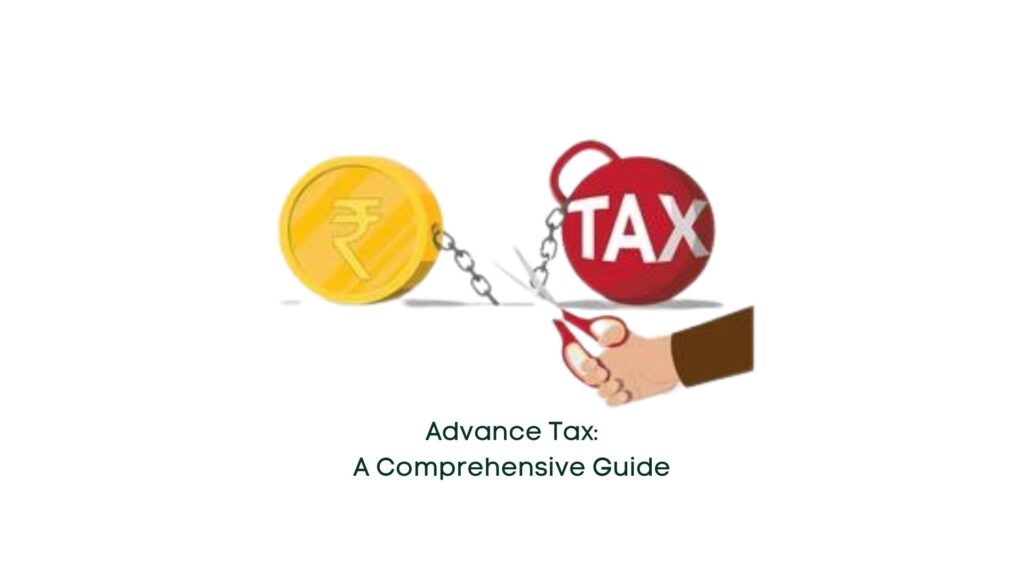
01 Mar Advance Tax: A Comprehensive Guide

Advance tax stands as a crucial component of income tax obligations, necessitating individuals to fulfill their tax liabilities before the conclusion of the financial year, particularly if their tax dues surpass INR 10,000 for a given fiscal period.
Who Needs to File?
Individuals earning income outside of salary are mandated to settle advance tax. For instance, if an individual accrues earnings during the financial year through avenues like capital gains on shares, interest from fixed deposits, winnings from lotteries or races, and capital gains from property sales, in addition to their regular salary or business income, they must remit advance tax on all such earnings post adjustments for expenses or losses. Advance tax applies to income not subjected to Tax Deducted at Source (TDS). Notably, individuals receiving salary income, on which TDS has been deducted by their employers, are exempted from advance tax payment.
Advance Tax Payment Schedule:
For Self-employed Individuals and Businesspersons:
- By or Before September 15th: Not less than 30% of the advance tax liability
- By or Before December 15th: Not less than 60% of the advance tax liability
- By or Before March 15th: 100% of the advance tax liability
For Companies:
- By or Before June 15th: Not less than 15% of the advance tax liability
- By or Before September 15th: Not less than 45% of the advance tax liability
- By or Before December 15th: Not less than 75% of the advance tax liability
- By or Before March 15th: 100% of the advance tax liability
How to Remit Advance Tax
Individuals can fulfill their advance tax obligations using designated tax payment challans at authorized bank branches approved by the Income Tax (IT) Department. Payments can be made at various institutions including the Reserve Bank of India, State Bank of India, ICICI Bank, HDFC Bank, and others, totaling up to 926 branches across India. Additionally, online payment options are available through the IT department or the National Securities Depository Ltd (NSDL).
Penalties and Late Fees
Penalties are levied for the non-payment of advance tax within the specified deadlines. These penalties are to be settled along with the outstanding taxes prior to filing the income tax return. Under Section 234B of the Income Tax Act, interest at 1% is charged for non-payment of 90% of the tax dues by the end of the financial year. Similarly, Section 234C stipulates interest at 1% per month for the deferred payment of advance tax according to the prescribed schedule.
Refunds for Excess Advance Tax Payment
In scenarios where the advance tax remitted exceeds the total tax liability, the assessee is entitled to a refund for the surplus amount. Interest at a rate of 0.5% per month, equivalent to 6% annually, is disbursed to the assessee from the commencement of April of the assessment year until the date of refund issuance, provided the excess amount surpasses 10% of the tax liability.


No Comments